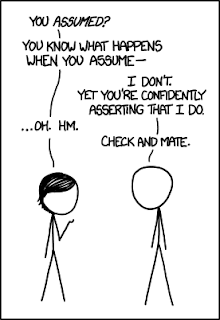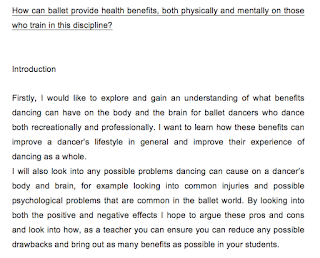The deadline draws near...
Generally, I have noticed the quietness across the blogs of the past couple of weeks. I am sure this will be because we are all focusing on writing our proposals, reflections and completing our forms that will needed to be handed in in January. I found my feedback from Hopal to be helpful, and although we weren't able to schedule a Skype call I managed to get in a few questions which will hopefully help me throughout the holidays as i continue to work on and complete my work before the hand in date. I feel safe in the knowledge that I have my SIG group chat, so if anything else does arise, we can discuss this between ourselves. I also have a DDE modern teaching exam next week and as well as teaching my regular class I have also been doing work experience in a school in a hope to aid my UCAS application for a PGCE . I am filled with worry about being accepted and about student finance nightmares that have been going on over the past months, but I am trying to keep my cool an...












